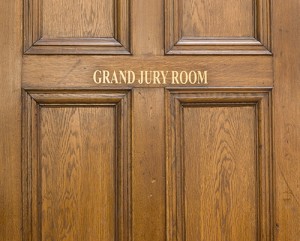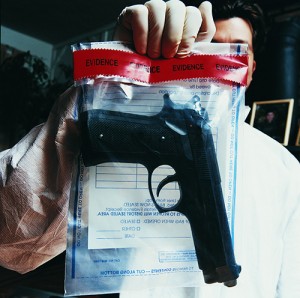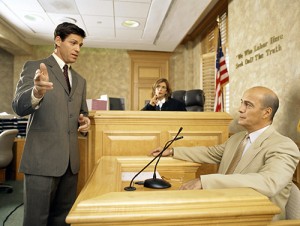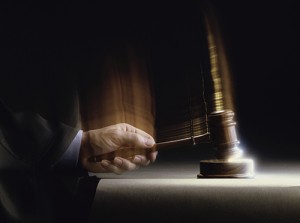
Pennsylvania law provides for two types of grand jury: a multicounty investigating grand jury with statewide jurisdiction, convened on the application of the Attorney General, and a county investigating grand jury, generally convened upon the application of a county district attorney and limited in jurisdiction to the county in which it sits. The word “grand” distinguishes the jury from a “petit” jury of 12 who sit at trial to decide a defendant’s guilt or innocence.
In Pennsylvania there are investigating grand juries composed of 23 citizens who, after hearing testimony from witnesses and reviewing all the evidence, determine if sufficient evidence exists to find that a crime was committed. Investigating grand juries do not have the power to indict or formally charge a person with a crime. If 12 or more of the 23 grand jurors agree that sufficient evidence exists, it issues a written document known as a presentment. A presentment summarizes the evidence and recommends that the prosecutor file charges against the person who is the target or subject of the grand jury’s investigation. While a prosecutor is not required to act on a grand jury’s recommendation they do in most cases. The grand jury’s presentment often serves as the prosecutor’s affidavit of probable cause which Pennsylvania requires in order to file criminal charges.
The work of a state grand jury is secret and a defendant along with his defense counsel only becomes aware of its findings upon an indictment. Once indicted or charged, the defendant and his attorney only have 60 days to prepare a case for trial unless a Court grants a motion for a continuance. Grand juries are not permitted in all cases in Pennsylvania and in order to utilize this system in place of a preliminary hearing, a prosecutor must formally represent to the Court that the grand jury is needed because of the threat of witness intimidation.
Witnesses testifying before a Pennsylvania grand jury are permitted to consult with counsel at any time following a question. While defense counsel does not have an absolute right to be in grand jury hearing room, State judges will typically allow it because answers to questions will frequently create a self-incrimination issue under the Fifth Amendment, along with a right to counsel issue under the Sixth Amendment. If a prosecutor believes that a subpoenaed witness is likely to make a legitimate claim that his testimony will tend to incriminate himself, the prosecutor may apply to the supervising judge of the grand jury for an order of immunity. Such an order gives the witness protection from having his testimony before the grand jury used against himself in a later court proceeding. If you receive a subpoena for a Pennsylvania grand jury, I do not recommend ever appearing without an attorney because any statement you make could later be used against you at a trial unless you are granted immunity.
If you receive a subpoena to appear before a grand jury or are charged with a crime you should contact Gregory J. Spadea at 610-521-0604 of Spadea & Associates, LLC in Folsom, Pennsylvania.















